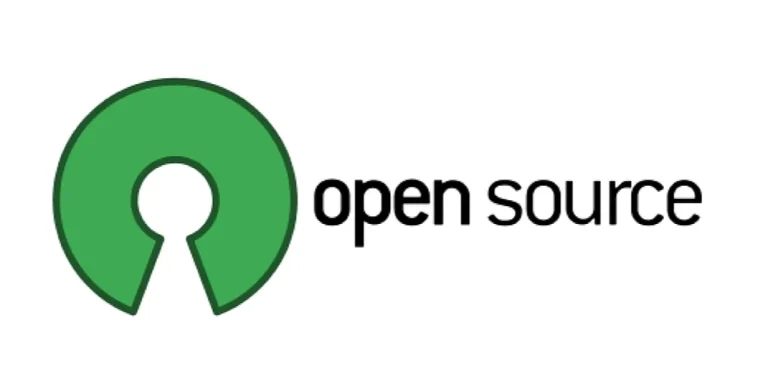
The Open Source Lab at Oregon State University (OSU OSL), a vital technical cornerstone for open-source projects over the past two decades, now faces the threat of closure due to a significant funding shortfall. Lance Albertson, the lab’s director, revealed that federal budget cuts to higher education are already taking their toll, leaving the lab with an estimated $250,000 deficit.
Since its founding in 2003, OSU OSL has supported hundreds of free and open-source projects worldwide. At one point, it hosted Mozilla Firefox during the launch of version 1.0 and served as a home for the Apache Software Foundation, the Linux Foundation, Kernel.org, Drupal, Gentoo, Debian, Fedora, Inkscape, and many others. The lab offered high-speed update mirrors, dedicated virtual machines for continuous integration, and infrastructure support—serving as a neutral platform that fostered collaboration between developers and corporations alike.
According to Albertson, the lab currently lists 288 supported projects on its website, though the actual number is even greater. In the past, OSU OSL handled up to 10 terabytes of data per month for Drupal alone, and companies like Facebook were utilizing its infrastructure for testing as early as 2011. Even industry giants such as IBM contributed server access to support research efforts through the lab.
News of the lab’s financial woes has sparked a wave of support among the developer community. One Hacker News user shared how working at OSL transformed his life while he was a student in Corvallis. Another recalled how the GHC compiler team relied on the lab’s resources for years, following a recommendation from an IBM engineer. The Gentoo project has already launched a campaign to rally support for the lab.
OSL’s financial difficulties are symptomatic of broader reductions in federal education funding. The Corvallis Gazette-Times reported on the issue within the larger context of rising tuition costs at OSU, quoting University President Jayathi Murthy, who warned that the budget cuts could “have direct negative consequences for the university, particularly in the area of research.”
There remains hope that the major tech companies once supported by the lab will step forward in kind. As of yet, Meta (formerly Facebook), for instance, has made no public commitment. Albertson hinted that news may emerge by mid-May, but for now, he has refrained from offering further comment.


